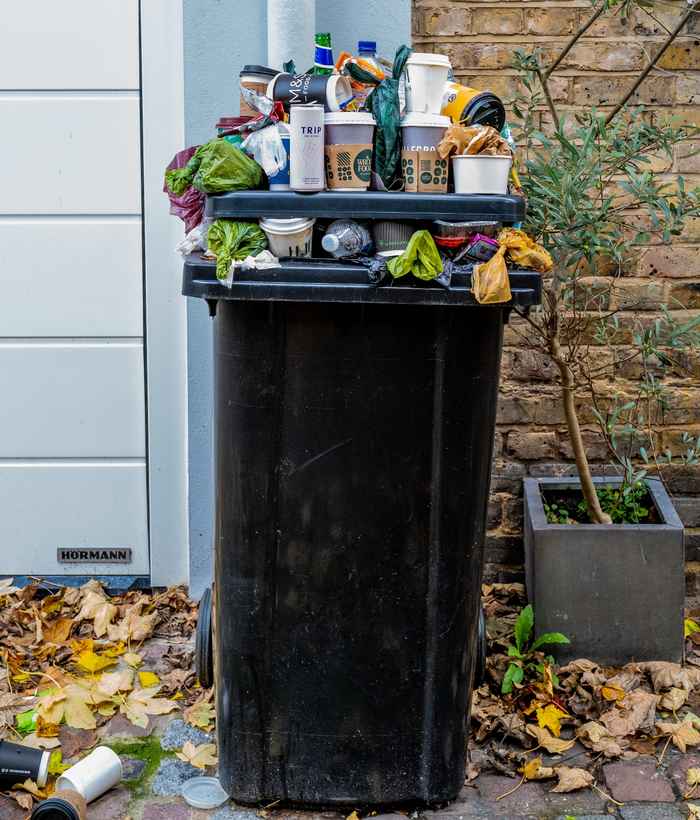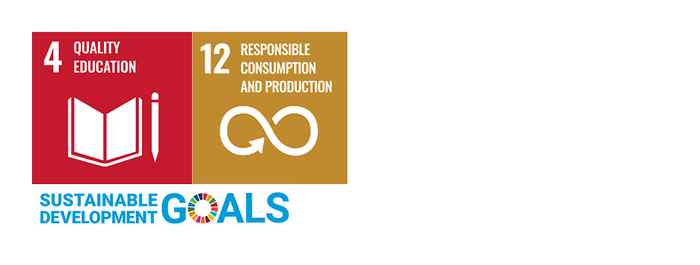Honoursmodule: What We Talk About When We Talk About Waste

What is waste? Give me your definition of waste and I will tell you who you are. Or what your disciplinary background is. In the eyes of the engineer waste is a resource waiting to be recycled again and again. The anthropologist on the other hand is concerned with the ways in which waste refers to conceptions of dirtiness and impurity and explores what this tells us about our culture(s). The philosopher is concerned with the “being” of waste and asks if there is something like a “waste thing”, and if so, how we can distinguish it from a non-waste thing. The geographer will point out that conceptualizations of waste also depend on whether waste is kept out of sight (dominant in the “Global North”) or whether people are forced to live with and of it (dominant in the “Global South”). The marine biologist on the other hand has no problem defining waste and finds it everywhere in the form of (micro)plastics that haunt sea life. In short, what we take waste to be, also depends on our disciplinary background.
If waste is in the eye of the beholder, what does it teach us about ourselves, our academic disciplines and our culture? In this course, you will learn to take different approaches to this thing we call waste and learn to use it as a prism that will allow you to take different perspectives on it. You will learn to approach it from both the perspective of your own discipline and from others, learning both about the added value and the shortcomings of these approaches. You will find that waste is not so much a question to be answered, but to be followed, and that in the end, you will know little more about what waste actually is.
Although we are hard-pressed to find one definition of waste to rule them all, this should not keep us from posing the question: what is waste? Not only does this question lay bare both (hidden) assumptions and blind spots within the different disciplines, but taken together an interdisciplinary approach might also point us in the direction of shared characteristics, a thread that runs through all of them and tells another story.
Waste can be construed as a “shadow history” of Modernity, as John Scanlan puts it, that refers to the unwanted, the useless, the repressed, in short: to things (and people) that are denied either place or time, but that persist nonetheless and demand our attention. Waste escapes the binaries that characterize Modernity – such as human-nonhuman, nature-culture, active-passive, living-non-living, animate and inanimate – that do not only concern matters of ontology and epistemology, but also of ethics. In resisting our managerial, neutralising and objectifying grasp, waste is increasingly forcing our thought. How can we learn to listen to what it has to say?
Schedule
The schedule will be available on Datanose.
Registration
Registration is open to second-year or third-year Bachelor's students participating in an Honours programme. Between 8 June 10 am and 12 June 11 pm, you can register by completing the online registration form that will appear on our website Honoursmodules IIS.
Please note: Registration is not through SIS. Placement is at random. There is no guarantee for placement if you register after June 12, so make sure you register on time. You will hear which course(s) you are registered for in the week of 20 June.
If you have any questions, please contact us at Honours-iis@uva.nl.
SDGs in education
The IIS strives to reflect current societal issues and challenges in our elective courses, honours modules and degree programmes and attempts to integrate the following Sustainable Development Goals (SDGs) in this course. For more information about these goals, please visit the SDGs website.
More information

- Mode
- Honours programme
- Credits
- 6 ECTS,
- Language of instruction
- English
- Starts in
- September